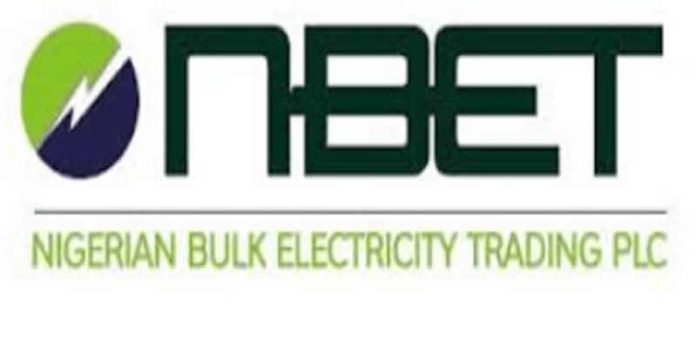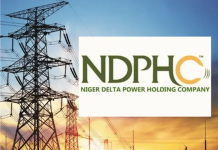In a move to address challenges in the power sector, the Federal Government of Nigeria is set to allocate N450 billion for power interventions in the year 2024. This information is derived from the budget analysis of the Nigerian Bulk Electricity Trading Company, which has earmarked N450 billion for the ‘FGN Power Intervention Fund’ under its capital expenditure.
The Government Owned Enterprise outlines a total expenditure of N454.81 billion for the year 2024. The breakdown includes N2.44 billion for personnel costs, N2.36 billion for other recurrent costs, N580 million for general travel and transport, N15 million for utilities, N110 million for materials and supplies, N210.75 million for general maintenance services, N34 million for other services, N60 million for fuel and lubricants, N40 million for financial charges, N576 million for miscellaneous expenses, and N736.51 million for supplementary overhead.
The focus of the significant spending is on power intervention funds, reflecting the government’s ongoing commitment to addressing challenges in the power sector. As of May 2022, the Federal Government’s intervention fund for electricity distribution companies had risen to N2.9 trillion, representing the total funding extended to the sector since privatization in 2013.
Historically, the Federal Government has consistently intervened in the power sector, with notable instances such as the approval of N701 billion as Power Assurance Guarantee for the Nigeria Bulk Electricity Trading Company in 2017. Additionally, in 2019, the government announced a further intervention of N600 billion for the power sector.
Despite these interventions, the power sector has faced challenges, including multiple grid collapses. In October 2023, the House of Representatives expressed its intention to probe all financial interventions made by the Federal Government in the power sector over the past decade, covering over $1.25 billion injected into the sector since the 2013 privatization.
In response to these challenges, the Lagos Chamber of Commerce and Industry, in its New Year statement, emphasized the need to attract private sector investment into the transmission segment of the power sector. The chamber highlighted that involving the private sector could bring in technical and financial capacity, contributing to a well-functioning power sector that supports economic growth.












